The Department of Justice this week said it would stop pursuing certain crypto crimes. And that could be good news for Tornado Cash co-founder Roman Storm, crypto attorneys say.
In a four page memo published Tuesday, the department said it no longer intends to pursue cases in which it charges crypto mixers “for the acts of their end users or unwitting violations of regulations.”
“The memo was as good as the Storm team could have probably hoped,” said Bill Hughes, the general counsel at MetaMask developer Consensys and a former Justice official.
Front of mind
Department officials likely had Storm and the developers of Samourai Wallet, another crypto privacy service, front of mind when they wrote that memo, Hughes told DL News.
In 2023, Storm and Tornado Cash co-founder Roman Semenov were indicted on charges of laundering $1 billion in criminal proceeds, violating US sanctions, and operating an unlicensed money transmitting business.
Storm, who is in the US awaiting trial, pleaded not guilty. Semenov, who is at large, has been posting on X in support of Storm and Alexey Pertsev, a Tornado Cash developer who was convicted of facilitating money laundering by a Dutch court last year.
The department’s memo wasn’t an unqualified win for Storm.
In a footnote, the department said it was not changing its guidance in cases where business owners know they’re handling dirty money.
Controversially, prosecutors have alleged Storm did just that.
Nevertheless, it’s clear a sea change is under way in how the feds are approaching crypto cases. And it is of a piece with the Trump administration’s policy of relaxing government oversight of crypto.
Big win
The Securities and Exchange Commission has dropped or postponed numerous enforcement actions against the likes of Coinbase, Binance, and other crypto players.
The White House appointed venture capitalist David Sacks to be the first crypto and AI czar and serve as a liaison to the industry.
At the same time, a US appeals court delivered crypto privacy champions “an incredible win” last November when, in a separate civil case, it ruled the US Treasury Department’s Office of Foreign Assets Control, or OFAC, overstepped when it sanctioned the immutable smart contracts that make up the Tornado Cash protocol.
The Treasury Department removed Tornado Cash from its sanctions list last month, fueling crypto privacy advocates’ hope the criminal cases against Storm and Semenov may be vulnerable.
Crypto analysts say the industry is flooded with dirty money. In 2024, more than $45 billion in illicit funding moved through the cryptocurrency market, according to TRM Labs.
Even so, Justice is disbanding the National Cryptocurrency Enforcement Team, which spearheaded investigations and coordinated casework.
Prosecutors will not pursue crypto exchanges, mixers, and “offline wallets” for “the acts of their end users or unwitting violations of regulations,” the memo said.
Scammers and hackers
Nor will the DoJ pursue charges for unlicensed money transmitting, violations of the Bank Secrecy Act, or failure to register with US financial regulators “unless there is evidence that the defendant knew of the licensing or registration requirement at issue and violated such a requirement wilfully.”
Rather, it will prosecute “individuals who victimise digital asset investors.” That includes scammers, hackers, and businesses that embezzle or misappropriate user funds.
The DoJ will also prosecute people who “use digital assets in furtherance of criminal offenses such as terrorism, narcotics and human trafficking, organized crime, hacking, and cartel and gang financing.”
‘This isn’t the type of case the DoJ is interested in bringing.’
Bill Hughes, MetaMask
In court papers, prosecutors said this is precisely what crypto mixers do.
Tornado Cash, for instance, is a tool that enables users to conceal the movement of their crypto across the Ethereum blockchain, which otherwise records and broadcasts every users’ transaction history.
It is popular with privacy advocates as well as cybercriminals, including hackers affiliated with North Korea, according to OFAC.
Last year, federal prosecutors accused the co-founders of Samourai Wallet with laundering crypto on behalf of hackers and the dark web marketplace Silk Road.
The Samourai co-founders, Keonne Rodriguez and William Lonergan Hill, will begin pre-trial motions in May. They have pleaded not guilty.
‘They never had control’
Storm’s trial is set to begin in July.
The crux of the case: what Storm knew about the North Koreans’ use of Tornado Cash — and what he could have done to stop it.
The memo suggests prosecutors will refrain from pursuing platforms that are unwittingly being abused by bad actors, Hughes said. In other words, if the platform’s founders aren’t conspiring with criminals then they probably won’t be prosecuted.
“This isn’t the type of case the DoJ is interested in bringing,” Hughes said.
The department may have raised the bar for going after the developers of so-called money transmitting businesses, such as crypto mixers.
But it did not change its policy in cases where the developers knew their technology was being used to transmit dirty money.
In Storm’s case, his attorneys argue he was powerless to do more to stop bad actors from using Tornado Cash. While the website was under developers’ control, the protocol itself is not.
Amanda Tuminelli, the head of crypto advocacy firm DeFi Education Fund — which has made filings on Storm’s behalf — said she was grateful the department had narrowed its focus.
But she still takes issue with prosecutors’ assertion Tornado Cash is a money transmitting business.
“They never were transferring funds on behalf of someone else,” she told DL News, referring to the Tornado Cash and Samourai Wallet developers.
“Because they never had control over user funds by simply publishing code. That is what I wish the memo said.”
Aleks Gilbert is DL News’ New York-based DeFi reporter. You can reach him at aleks@dlnews.com.
.png)













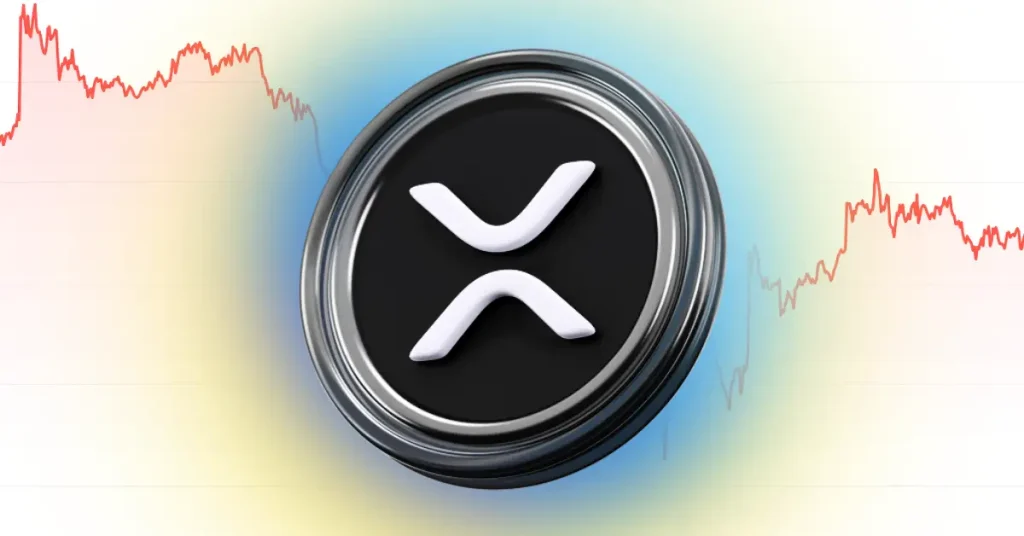
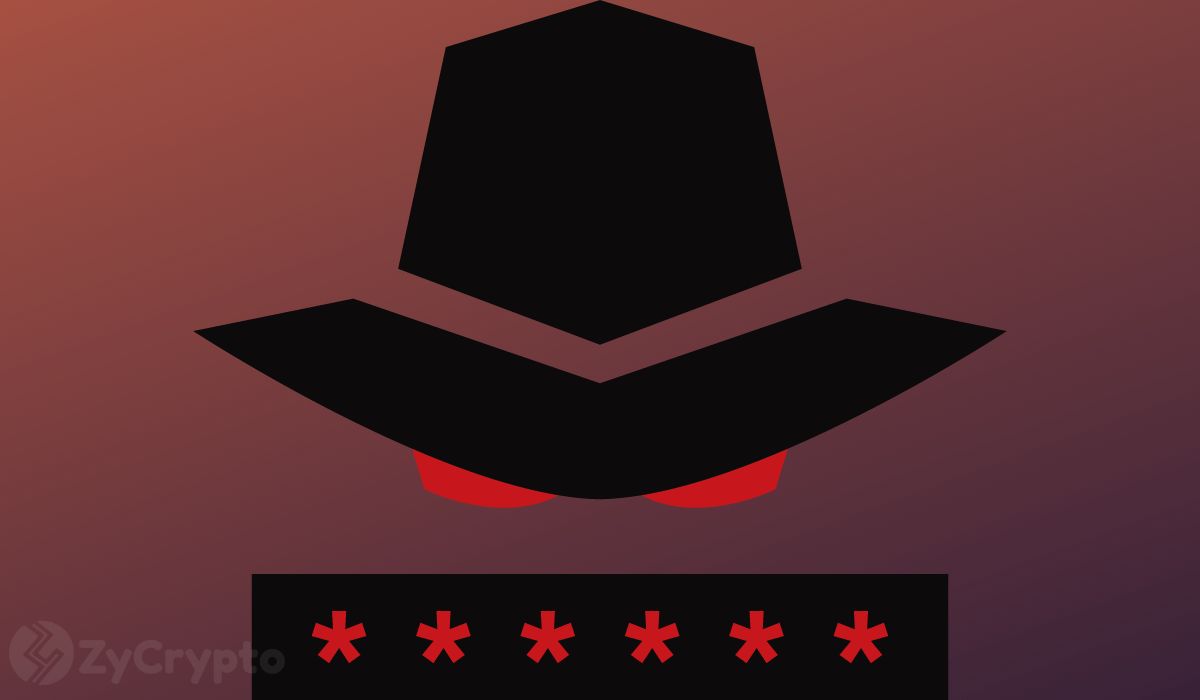



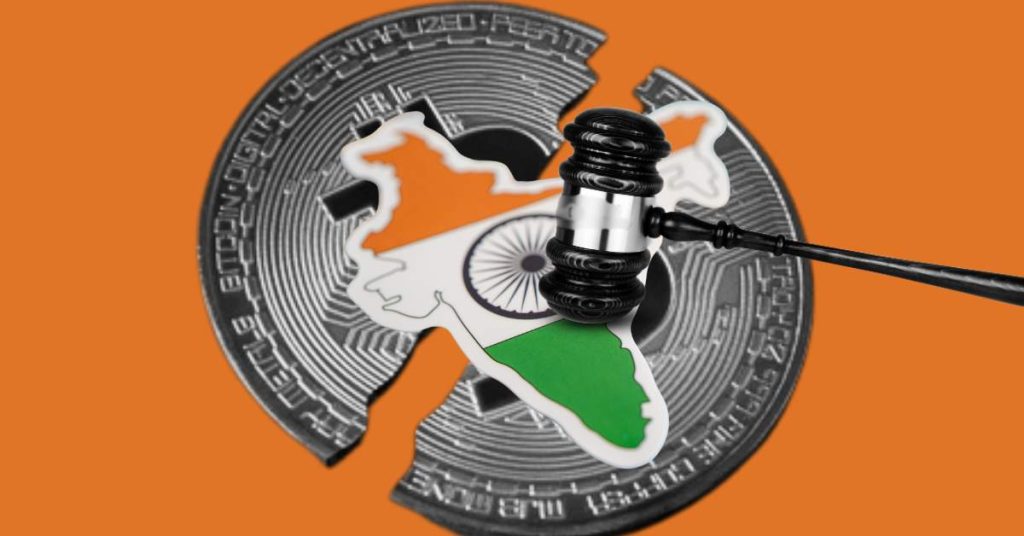






 24h Most Popular
24h Most Popular
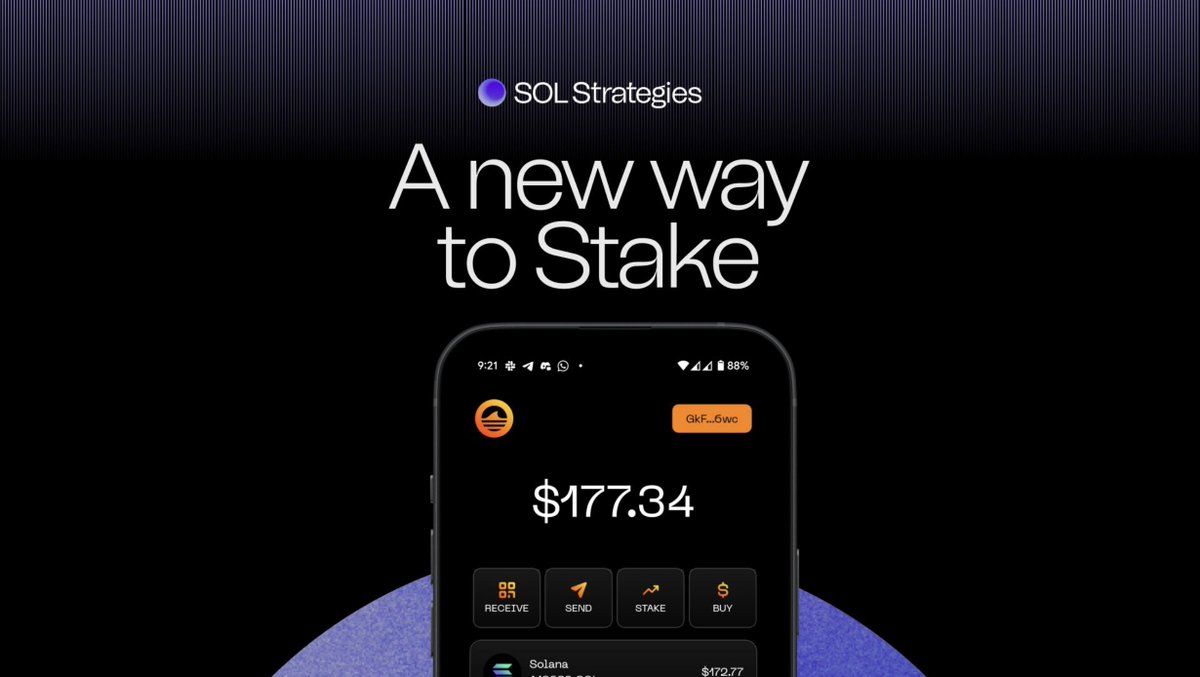







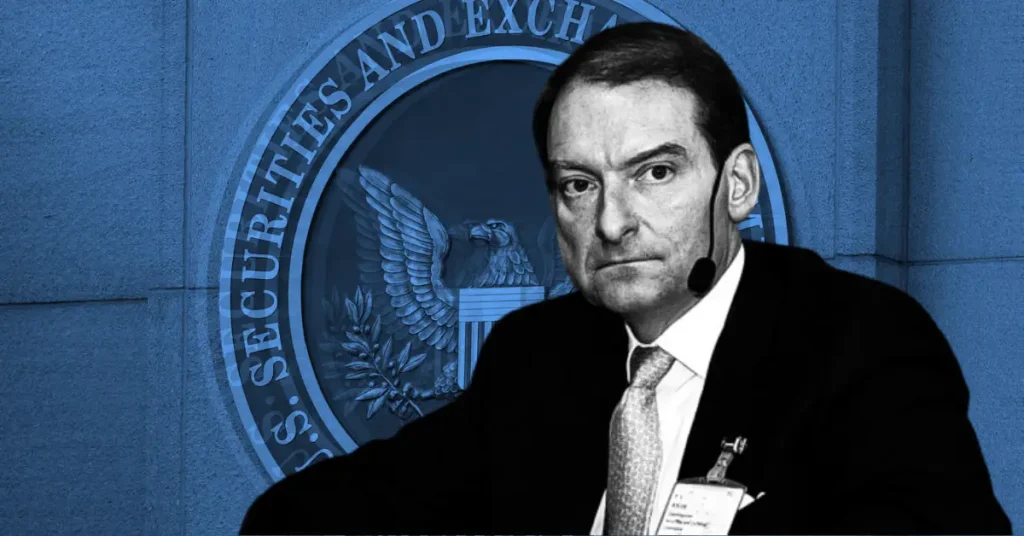
 Utilities
Utilities